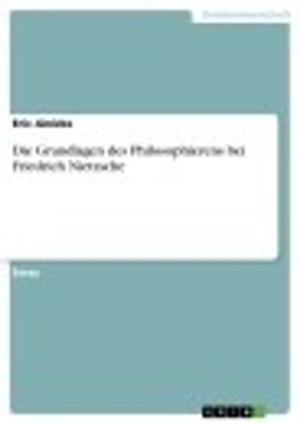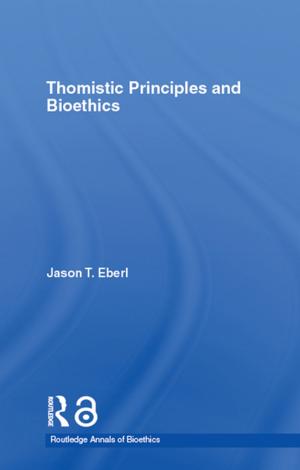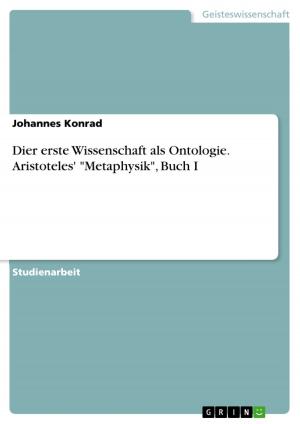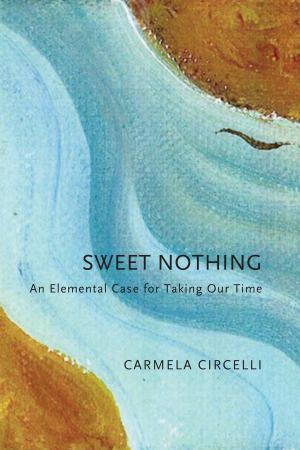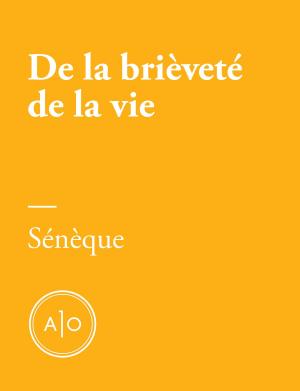| Author: | Friedrich Nietzsche | ISBN: | 9783966618915 |
| Publisher: | AMA | Publication: | June 1, 2019 |
| Imprint: | Language: | Spanish |
| Author: | Friedrich Nietzsche |
| ISBN: | 9783966618915 |
| Publisher: | AMA |
| Publication: | June 1, 2019 |
| Imprint: | |
| Language: | Spanish |
La gaya ciencia, también traducido como El gay saber o El alegre saber, es una de las obras capitales del filósofo Friedrich Nietzsche, escrita en 1882. Con ella se cierra el periodo "negativo" (de destrucción de la metafísica cristiana) y se abre el periodo afirmativo (de construcción de nuevos valores), en el que se destaca la obra Así habló Zaratustra.Para Friedrich Nietzsche el cristianismo inventó un mundo ideal, inexistente, alejado de todo contacto con el mundo real. En esta obra, reivindicó el ateísmo como única forma de alcanzar la fuerza, la libertad y la independencia perdida por culpa del cristianismo y anunció la muerte de Dios.El título utiliza una locución muy frecuente en la época, derivada de una expresión del occitano gai saber, que hacía referencia a todas las habilidades técnicas necesarias para escribir poesía, es decir, el arte poético.
La gaya ciencia, también traducido como El gay saber o El alegre saber, es una de las obras capitales del filósofo Friedrich Nietzsche, escrita en 1882. Con ella se cierra el periodo "negativo" (de destrucción de la metafísica cristiana) y se abre el periodo afirmativo (de construcción de nuevos valores), en el que se destaca la obra Así habló Zaratustra.Para Friedrich Nietzsche el cristianismo inventó un mundo ideal, inexistente, alejado de todo contacto con el mundo real. En esta obra, reivindicó el ateísmo como única forma de alcanzar la fuerza, la libertad y la independencia perdida por culpa del cristianismo y anunció la muerte de Dios.El título utiliza una locución muy frecuente en la época, derivada de una expresión del occitano gai saber, que hacía referencia a todas las habilidades técnicas necesarias para escribir poesía, es decir, el arte poético.




